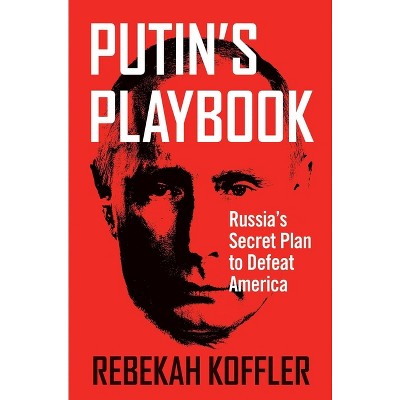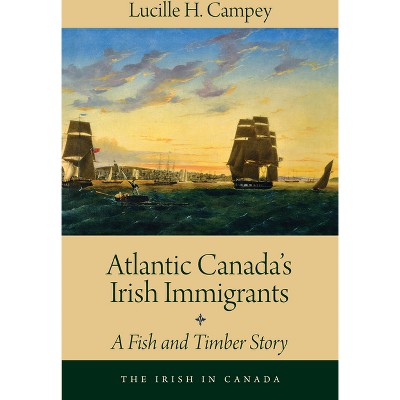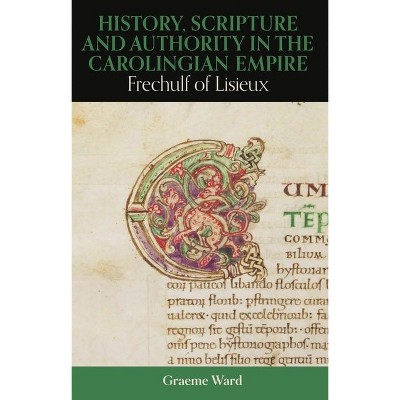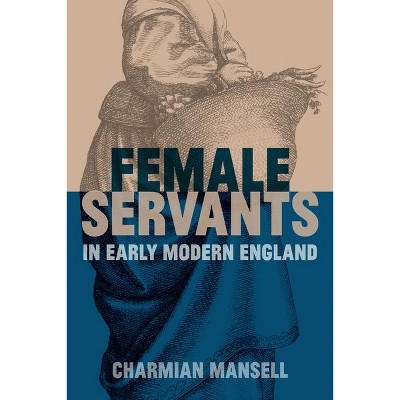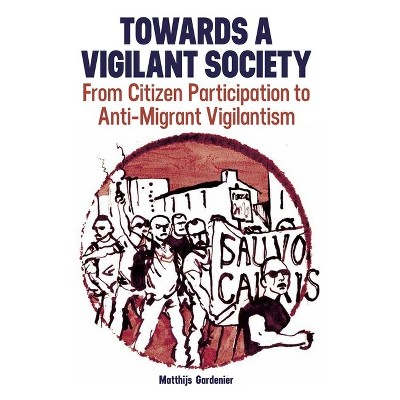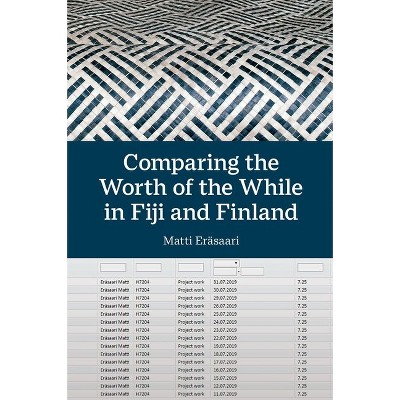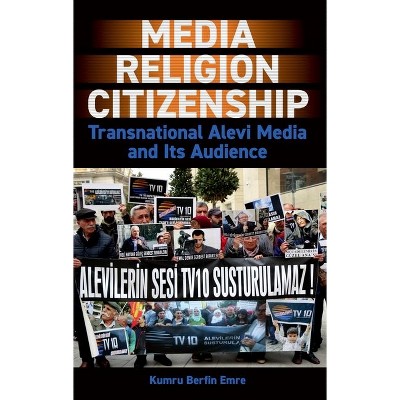Sponsored

The Lombard League, 1164-1225 - (British Academy Monographs) by Gianluca Raccagni (Hardcover)
In Stock
Sponsored
About this item
Highlights
- This is the first book devoted to the Lombard League, an association created by the city republics of northern Italy in the 12th century in order to defend their autonomy and that of the papacy in a momentous struggle against the German holy roman emperor Frederick I Barbarossa.
- Author(s): Gianluca Raccagni
- 248 Pages
- History, Europe
- Series Name: British Academy Monographs
Description
About the Book
The Lombard League, an alliance which included many cities in northern Italy, played a crucial role in the evolution of Italy's political landscape. This volume examines the League's structure, activity, place in political thought, and its links with regional identities, to offer new interpretations of the history and politics of medieval Italy.Book Synopsis
This is the first book devoted to the Lombard League, an association created by the city republics of northern Italy in the 12th century in order to defend their autonomy and that of the papacy in a momentous struggle against the German holy roman emperor Frederick I Barbarossa. Consequently, the League has enjoyed an iconic status, and in the 19th century was glorified as a precursor of the Italian struggle for independence in political and historical pamphlets as well as in paintings, novels and even operas.
The League played a crucial role in the evolution of Italy's political landscape, but it did more than ensuring its continued fragmentation. Historiography, in fact, has overlooked the collegial cooperation among the medieval Italian polities and this volume offers new interpretations, by examining the League's structure, activity, place in political thought and its links with regional identities.
Using documentary evidence, histories, letters, inscriptions and contemporary troubadour poems as well as rhetorical and juridical treatises, Dr Raccagni argues that the League was not just a momentary anti-imperial military alliance, but was rather a body that also provided collective approaches to regional problems, ranging from the peaceful resolution of disputes to the management of regional lines of communication, usurping, in some cases, imperial prerogatives. Yet the League never rejected imperial overlordship per se, and here it is revealed how it survived after the end of the conflict against Frederick I, one of its most lasting legacies being the settlement that it reached with the empire, the Peace of Constance, which became the Magna Carta of the northern Italian polities.
Review Quotes
an important contribution to the historiography of medieval Italy ... Raccagni can be congratulated for producing a valuable and very well researched study that sheds light on a key moment in the twelfth century.-- "John Scholl, Comitatus"
Shipping details
Return details
Frequently bought together

Trending Non-Fiction






